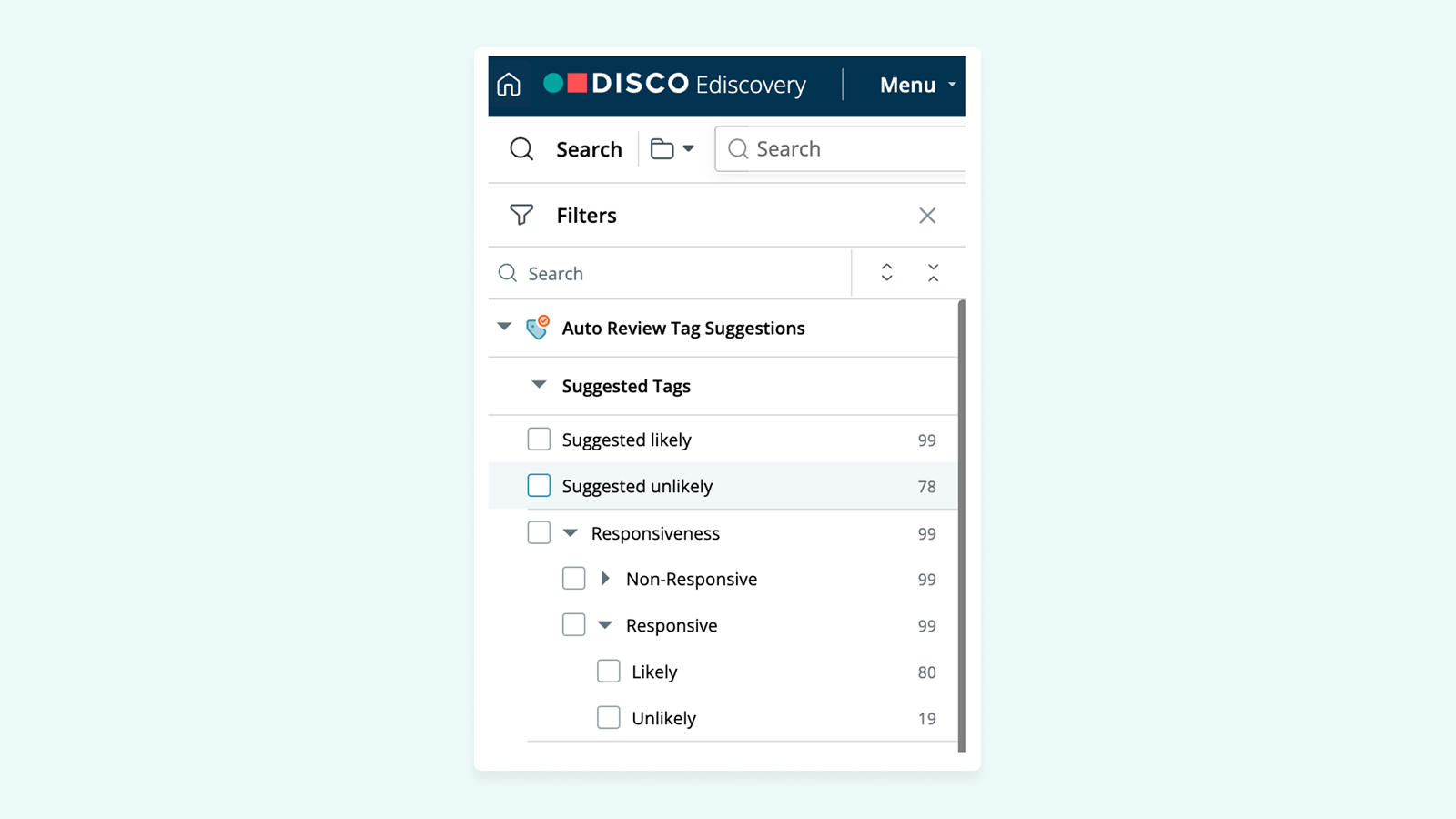⚡️ 1-Minute DISCO Download
This article was originally published on Law.com
Want to learn more about how technology is changing the legal profession and what that means for your career? Check out DISCO’s Just Hearsay podcast where industry veterans Kristin Zmrhal and Andrew Shimek discuss what’s new, what’s exciting, and what’s possible with the right legal technology.
With spending on legal technology increasing by 8% at the nation’s largest law firms this year, seasoned legal leaders and even younger associates looking to start in this field might view legal tech as a viable career path.
While legal tech might conjure visions of IT managers working to ensure networks and infrastructure are updated, finding a meaningful way to a legal tech career can take many paths. Katie DeBord started her career in the CIA before becoming a litigation partner at Bryan Cave Leighton Paisner. From there, she jumped to become the firm’s global chief innovation officer overseeing its tech decisions, but still able to connect to her clients and remain a trusted advisor.
“I loved creating successful outcomes for my clients,” says DeBord, now Vice President of Product Strategy at DISCO.
From Litigation to Legal Tech
DeBord’s work in legal technology and overseeing innovation has resulted in a multitude of payoffs for her clients – from profitability improvement and decreased transaction cycle times to improved litigation outcomes through data and analytics. All valuable boosts, in many ways.
“If you aren’t figuring out how to put people on the right work and deploy technology to do the right work, your margins are not going to be good,” says DeBord.
Throughout her career, DeBord has seen the evolution of the field. It “has matured enough where the legal tech industry is doing amazing things, and we’ve just seen the beginning of it,” says DeBord. She adds that advances in technologies such as artificial intelligence are only now making their way into the day-to-day business of the law.
From DeBord’s perspective, law firms have come a long way themselves when it comes to their knowledge of technology such as AI.
“Partners are starting to understand that it really does matter what technology you use,” says DeBord. “I think the awareness of that is going to continue to grow.”
Legal Tech Without the Law Degree
For others like Kristin Zmrhal, a career path in legal tech does not always require a law degree. After starting with a consultancy job that involved managing large-scale e-discovery and document review projects, she moved to Google, where she helped launch the search giant’s e-discovery operations and program management groups.
During her time with Google, Zmrhal earned an MBA from Haas School of Business, University of California, Berkeley, which furthered her interest in legal tech and how these advances are changing the business of law.
In her view, Zmrhal sees technology-driven improvements helping to modernize and improve the business of law. For example, onboarding programs and playbooks on how to run e-discovery, to name just two, are now much shorter and more intuitive than before, which help workflows for attorneys and improve outcomes for their clients.
After moving to DISCO from Google several years ago, Zmrhal’s fascination with figuring out how to change the way legal professionals work and how to have an impact on the broader organization has continued. The goal, she says, is “after the application of technology, your people are more efficient. They are using the right processes.”
While at DISCO, Zmrhal met others who shared her enthusiasm for legal technology and the ability of new platforms to transform the industry to serve clients better. Before becoming the company’s Chief Revenue Office, Andrew Shimek worked as a litigator and in legal publishing and sales before diving deep into the world of e-discovery. This eventually led him to DISCO where he continues to work on many of the same legal tech issues that Zmrhal and DeBord as involved in.
“I just have this unbridled commitment to help improve our clients’ legal outcomes by provisioning great technology,” says Shimek.
Pamela Brownstein is a freelance writer covering legal issues and technology


.webp)



%20(1).jpeg)





.webp)


.avif)